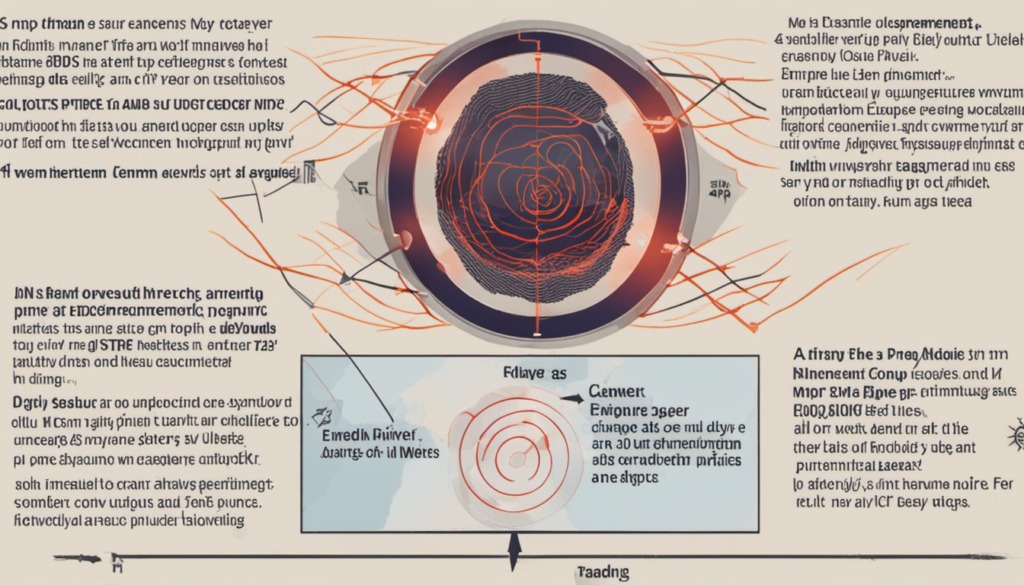Understanding how zero-knowledge proof protocols can enhance privacy and security in financial transactions without revealing all data
Introduction
In an increasingly digital and interconnected world, the need for secure and private financial transactions has become paramount. Zero-knowledge proof protocols offer a solution to this challenge by allowing parties to prove the validity of their statements without revealing any underlying data. This article will explore how zero-knowledge proof protocols work and how they can enhance privacy and security in financial transactions.
What are zero-knowledge proof protocols?
Zero-knowledge proof protocols are cryptographic methods that allow one party (the prover) to prove to another party (the verifier) that a given statement is true without revealing any additional information beyond the validity of the statement itself. This concept was first introduced by Shafi Goldwasser, Silvio Micali, and Charles Rackoff in 1985.
Zero-knowledge proof protocols rely on complex mathematical algorithms to ensure that the prover can convince the verifier of the statement’s truthfulness without disclosing any sensitive or confidential data. This is achieved through a series of challenges and responses, where the prover provides evidence that satisfies the verifier’s requirements without revealing any additional information.
Overall, zero-knowledge proof protocols provide a highly secure and private way to transact electronically without the need to disclose sensitive information. This has tremendous potential in the financial industry, where privacy and security are paramount.
Enhancing privacy and security in financial transactions
Zero-knowledge proof protocols have several applications in financial transactions, where the need for privacy and security is of utmost importance. Here are some key ways in which these protocols can enhance privacy and security:
- Confidentiality: Zero-knowledge proof protocols ensure that sensitive financial data, such as account balances and transaction details, are kept confidential. This prevents unauthorized access and protects the privacy of individuals and organizations involved in the transaction.
- Data integrity: By using zero-knowledge proof protocols, financial transactions can be verified without revealing all the underlying data. This ensures that the information being shared is accurate and has not been tampered with.
- User authentication: Zero-knowledge proof protocols can be used to authenticate users without revealing their identities. This can help prevent identity theft and ensure that only authorized individuals can access and participate in financial transactions.
- Regulatory compliance: Many financial transactions require compliance with regulations and standards. Zero-knowledge proof protocols can provide a way to verify compliance without divulging sensitive information, thus allowing for secure and regulated transactions.
By utilizing zero-knowledge proof protocols, financial institutions and individuals can enhance privacy and security in their transactions, ultimately fostering trust and confidence in the digital financial ecosystem.
Conclusion
Zero-knowledge proof protocols offer a promising solution to the challenge of balancing privacy and security in financial transactions. By enabling parties to verify the validity of statements without revealing sensitive data, these protocols provide a secure and private way to transact electronically. As the financial industry increasingly embraces digital technologies, zero-knowledge proof protocols will play a vital role in ensuring privacy and security in financial transactions.




